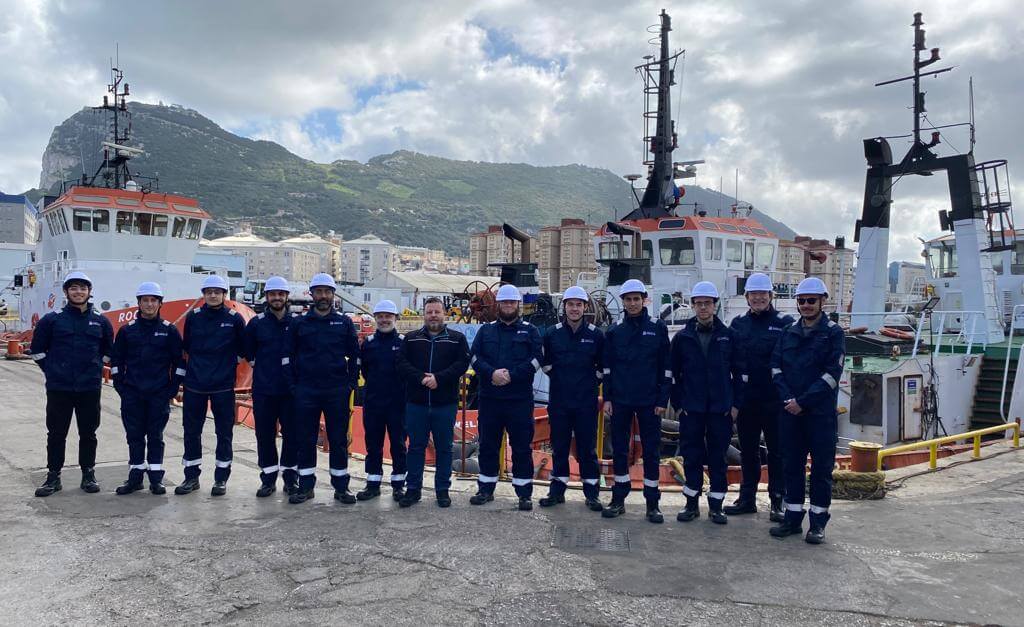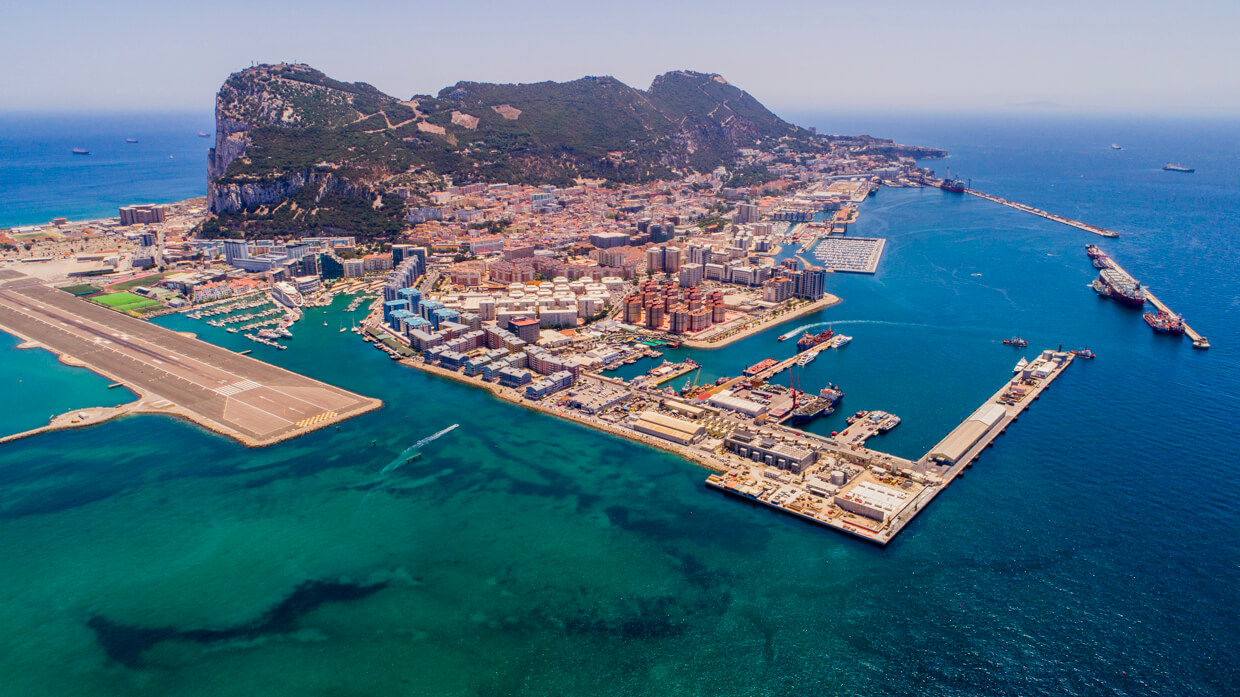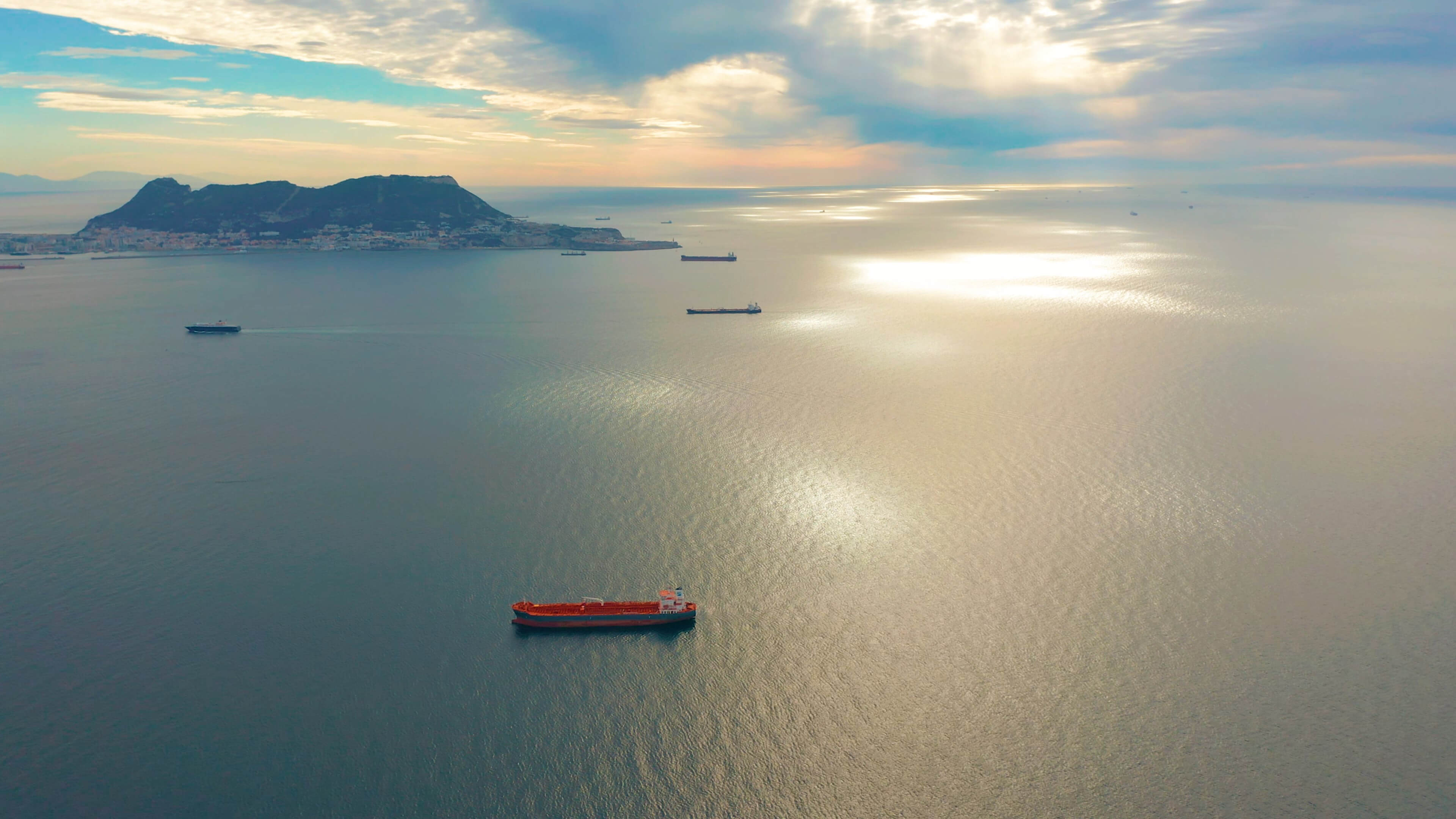The maritime industry is crucial to society. Most fail, however, to realise the role it plays in social and economic development. Just imagine a world without regular trading of essential, day-to-day goods and services. The oil that powers our cars, the clothes we wear, the phones glued to our hands or even the Colombian coffee we simply cannot start the day without; access would be out of the question if not for international shipping via oceans or waterways.

Source: University of Gibraltar
However crucial, the maritime environment comes with its fair share of challenges. Professionals keen on joining the industry must prepare for vessel disasters, water immersion, severe weather and much more. It comes with the territory. Thankfully the pay-off is worth it. Maritime jobs in the UK come with an average annual salary of 46,250 pounds — a perk to be enjoyed by anyone with the know-how to navigate these risks with confidence. One programme was designed to teach these competencies — it can be found at the University of Gibraltar (UniGib).
Its BSc (Hons) Maritime Science with Cadetship programme is the ultimate foundation and optimum training platform to launch a rewarding career in the maritime industry — both ashore or at sea. The academic and technical aspects of it open more doors than others like it. Plus, students are uniquely welcome to choose between a Nautical or Engineering pathway.
Regardless, both groups of students work together through the programme’s joint modules, such as maritime management, ship design and architecture; before moving on to modules specific to their chosen pathway, such as bridge management; ship handling and voyage planning; engineering; as well as mechanics and propulsion. Students graduate with employer-facing qualifications that integrate an academic programme with an industrial sea placement that leads to employment as a merchant vessel’s officer.
Otherwise known as a cadetship programme, this placement has obtained a UK Maritime and Coastguard Agency Approval with a reduced sea time of 12 months. The recognition means the programme meets the requirements of the Standards of Training, Certification, and Watchkeeping (STCW) Code (II/1 and II/2 – Deck and III/1 and III/2 – Engineering).
This experiential learning element (which is built in to the degree, allowing students the opportunity to achieve their BSc and Officer of the Watch Certification in just three years) ensures learners are able to immediately add value in the world of work once they graduate. Placements mentioned are guaranteed and each is of quality, typically with major operators (e.g. Gib Oil.). UniGib collaborates with the Gibraltar Port Authority and the Maritime Administration to arrange placements with reputable and well-regulated shipping organisations. Positions are completed in sea phases for budding professionals to explore various vessels while engaging in diverse operations. Every opportunity is seized under the supervision of a Designated Training Officer. It truly doesn’t get more well-rounded — or future-focused — than this.

Source: University of Gibraltar
“This BSc (Hons) at UniGib equips graduates with the skills required now and in the future,” says Captain Sukhjit Singh, Head of the School of Maritime Science. “It is an academically challenging and professionally oriented programme providing students with knowledge of maritime operations. MCA-approved and MNTB-aligned, it is designed to facilitate learning via a hands-on approach. This enables graduates to operate in an international and multicultural environment effectively.”
Graduates will be able to take the sea by storm as officers; opting to pursue positions in the Merchant Navy, a research ship, a cruise ship or a superyacht. But that’s not all; graduates can also pursue shoreside careers, in fields such as port operations, shipping operations, or with maritime service providers. Coincidentally, Gibraltar is the perfect place for these careers.
“Gibraltar has long-been an essential port-of call for bunkering, repairs, crew changes and other ancillary services. In addition to these services, it has now become a destination for high-quality maritime academic study and training,” confirms Aaron Lopez, University of Gibraltar Maritime Academy Manager.
After all, when it comes to experiential maritime knowledge, Gibraltar reigns supreme. The industry has upheld the British Overseas Territory’s economy, driving growth and trade at a rapid pace. Its geographical location is an added bonus. Gibraltar has access to the four major shipping “arteries,” making it one of the key business shipping routes of the world.
Follow the University of Gibraltar on Facebook, Instagram and Twitter











